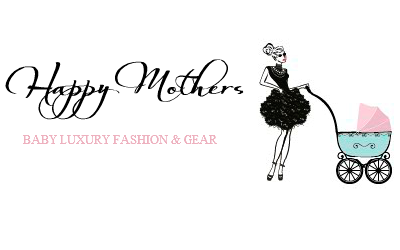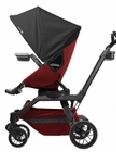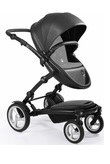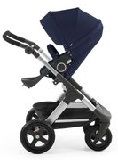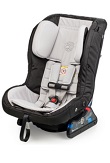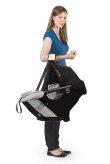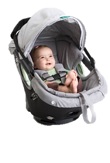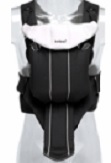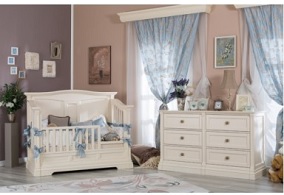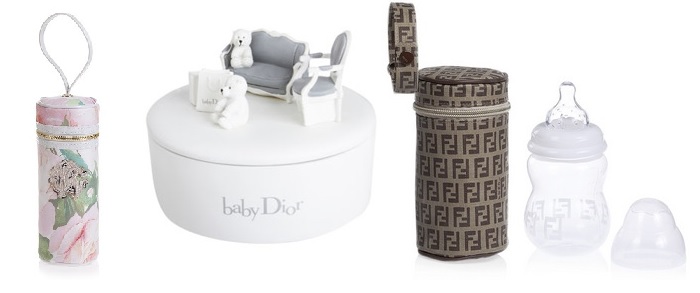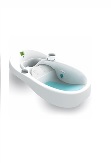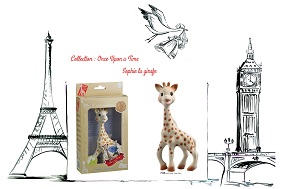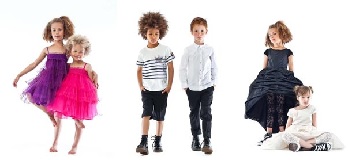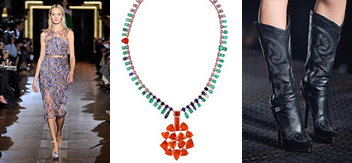What age gap is best between babies
The gap you leave between babies depends on when you and your partner feel ready to have another child. It also depends on when you’re able to conceive – babies don’t always come to order! If you’re in your late 30s, your fertility may influence how soon you start to try again. Women’s fertility does start to decline from the age of 35 onwards.
Even so, it’s better for your health to recover from one pregnancy and birth before embarking on the next. Experts recommend at least six months, but preferably a year.
Research has shown that it may be better for your baby, too. Compared with a longer gap, babies conceived within six months of a previous pregnancy are at a higher risk of:
- prematurity
- low birth weight
- measuring small
Evidence suggests that risks are lower for babies conceived between seven months and 17 months of the previous birth, or after five years. A gap of at least 18 months will give you time to recover your energy and replenish the nutrients you lost during your previous pregnancy. You’ll also have time to mentally and physically prepare yourself for getting pregnant again and having a new addition to the family.
Bear in mind that a gap of between 18 months and about two years means you won’t have as much me-time as you had in your first pregnancy. You’ll have a small child taking up your time and energy. However, you’ll have the benefit of experience. You may find that you cope better with your second pregnancy because you’re more aware of what to expect.
Apart from your own well-being, you may be influenced by how age gaps would affect your family life. A small gap between siblings gets the challenging baby years over with more quickly. But it also means that the expenses come closer together. You may also find your children are more likely to squabble as their interests overlap. No matter how many toys there are in your house, they’re sure to both want the same one at the same time!
Larger gaps offer the opportunity to enjoy each child as an individual. You will have time to give them your undivided attention for the first few years. It also means you can spread the cost of having children over a longer period of time and you can probably reuse a lot of your baby equipment. However, it’s also possible that siblings with a large age gap may grow up less close to one another. There’s also the chance that your older child may resent his younger sibling.
On the plus side, one study showed that longer gaps can improve the reading and maths skills of older children. Siblings with more than two years’ age difference scored better than children born closer together. This may be because they had more one-to-one time with their parents. Whichever age gap you choose, you’re sure to make it work for you and your family. If you’re still undecided, learn more about the pros and cons of different sibling age gaps.
Original article: https://www.babycentre.co.uk/x555984/what-age-gap-is-best-between-babies
Read in Magazine
You must be logged in to post a comment.
click here to log in





